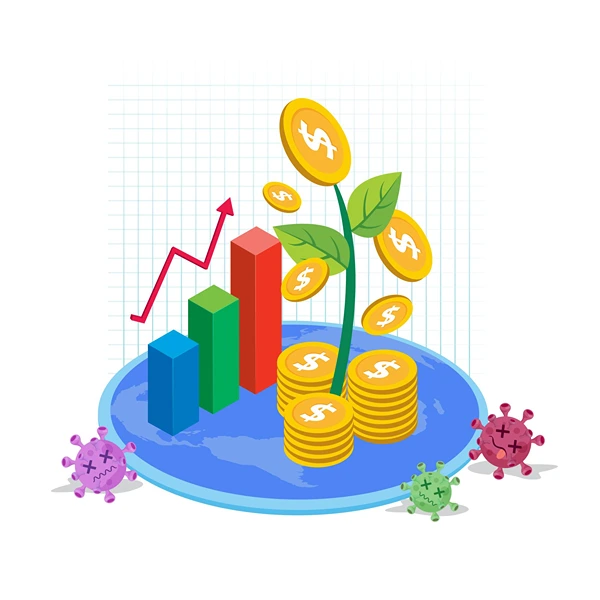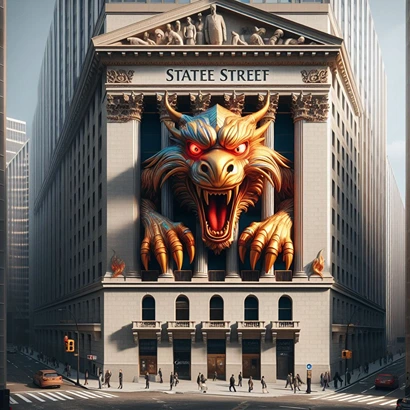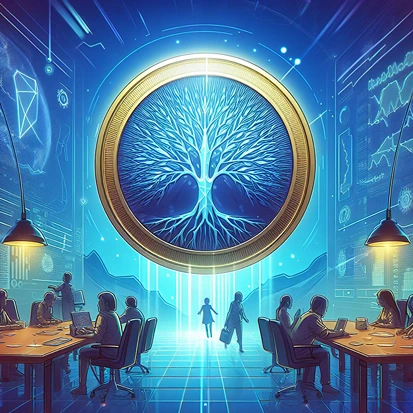In the dynamic landscape of the modern global economy, several core issues continue to shape and influence the way societies function and prosper. These fundamental economic challenges play a crucial role in determining the well-being of nations and individuals alike.
1. Income Inequality:
One of the central challenges in the modern economic paradigm is the growing gap between the rich and the poor. Income inequality has far-reaching consequences, affecting access to education, healthcare, and overall social mobility. Addressing this issue requires comprehensive policies that promote fair wealth distribution and create opportunities for economic advancement.
2. Technological Disruption and Unemployment:
The rapid pace of technological advancement brings both opportunities and challenges. Automation and artificial intelligence have the potential to enhance productivity but also pose a threat to traditional employment. Governments and industries must navigate this technological landscape carefully, ensuring that the workforce is adequately prepared for the jobs of the future through education and retraining programs.
3. Climate Change and Environmental Sustainability:
The modern economy faces the pressing challenge of balancing economic growth with environmental sustainability. Climate change poses risks to ecosystems, agriculture, and overall global stability. As societies become more conscious of their environmental impact, there is a growing need for sustainable business practices and policies that mitigate the adverse effects of economic activities on the planet.
4. Globalization and Trade Tensions:
While globalization has connected economies and facilitated the exchange of goods and services, it has also led to increased economic interdependence. Trade tensions and protectionist policies between nations can disrupt global supply chains and hinder economic growth. Finding a balance between promoting international trade and addressing the concerns of domestic industries is a complex task for policymakers.
5. Aging Population and Pension Systems:
Many modern economies are experiencing demographic shifts, with aging populations becoming more prevalent. This trend presents challenges for pension systems and healthcare infrastructure. Governments must adapt policies to support elderly citizens while maintaining economic stability and ensuring the sustainability of pension programs.
6. Debt and Fiscal Responsibility:
High levels of public and private debt are significant concerns in the modern economic landscape. Balancing the need for government spending with fiscal responsibility is a delicate task. Sustainable economic growth requires prudent fiscal policies that manage debt levels without compromising essential public services.
7. Access to Education and Skills Development:
In the knowledge-based economy of today, access to quality education and skills development is crucial. Disparities in educational opportunities can perpetuate social and economic inequalities. Governments and institutions must invest in education to empower individuals with the skills needed to participate actively in the modern workforce.
Addressing these core economic challenges requires a collaborative effort from governments, businesses, and individuals. By acknowledging and actively working to mitigate these issues, societies can strive towards a more equitable, sustainable, and resilient economic future.




